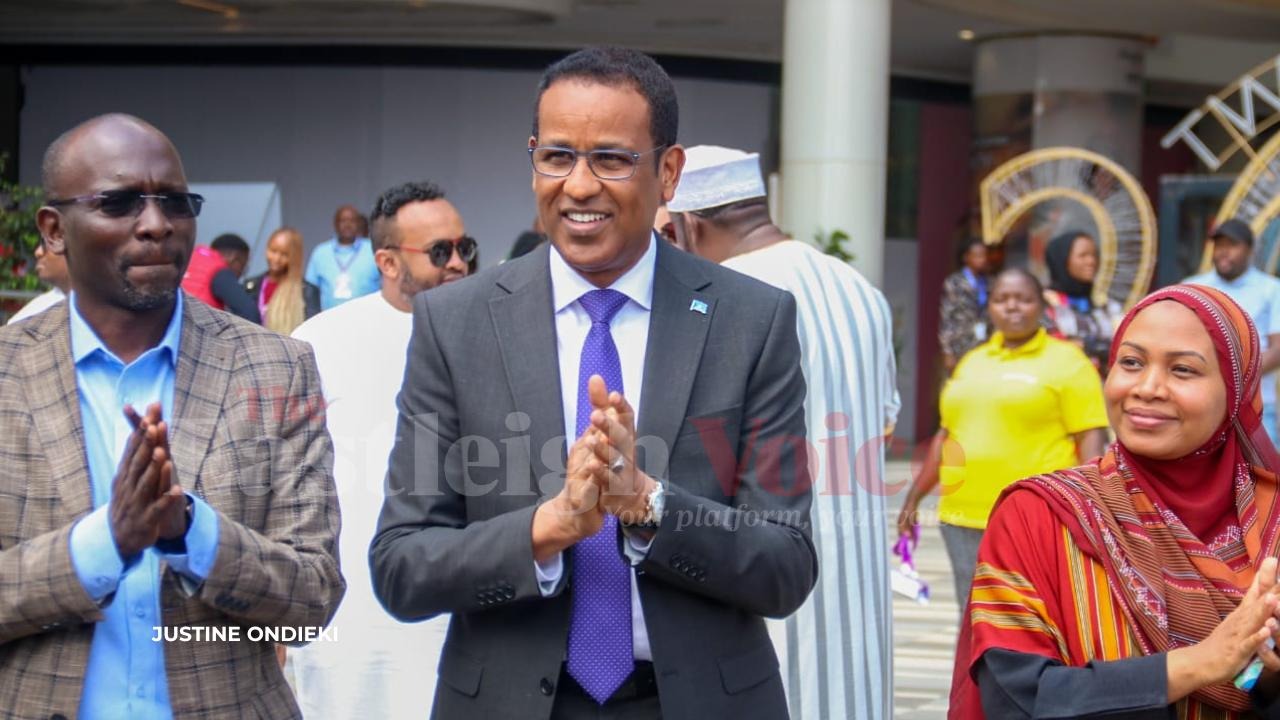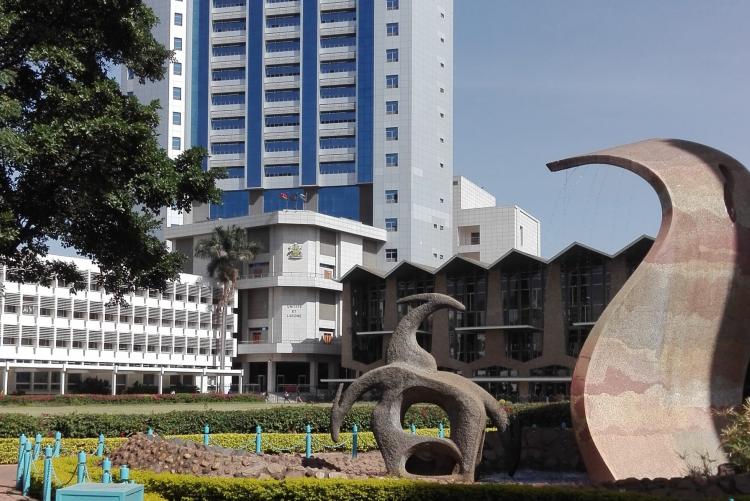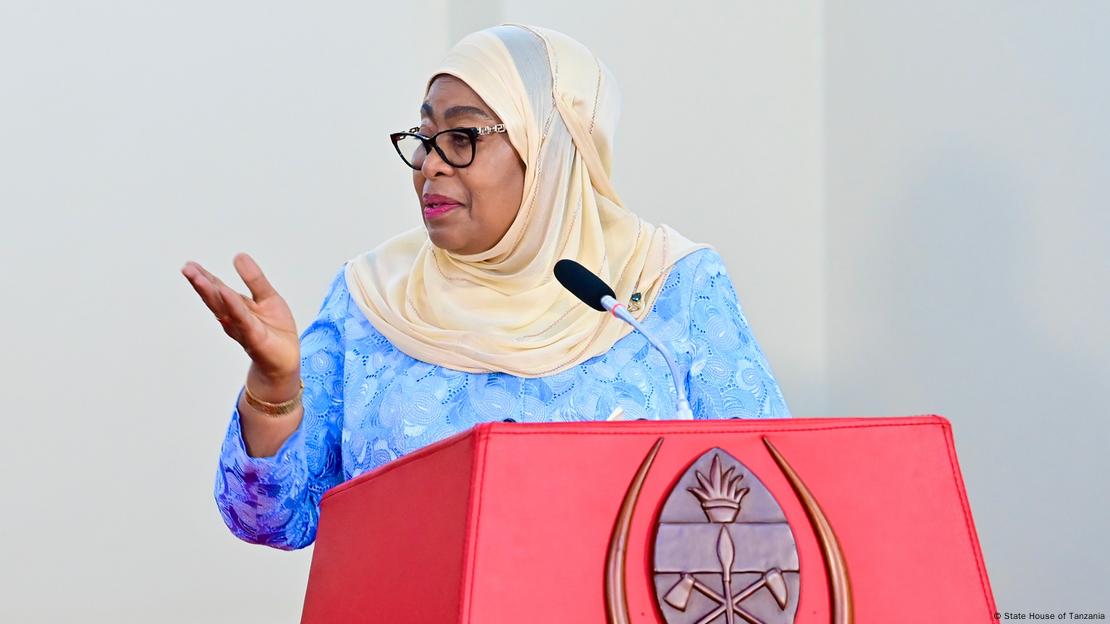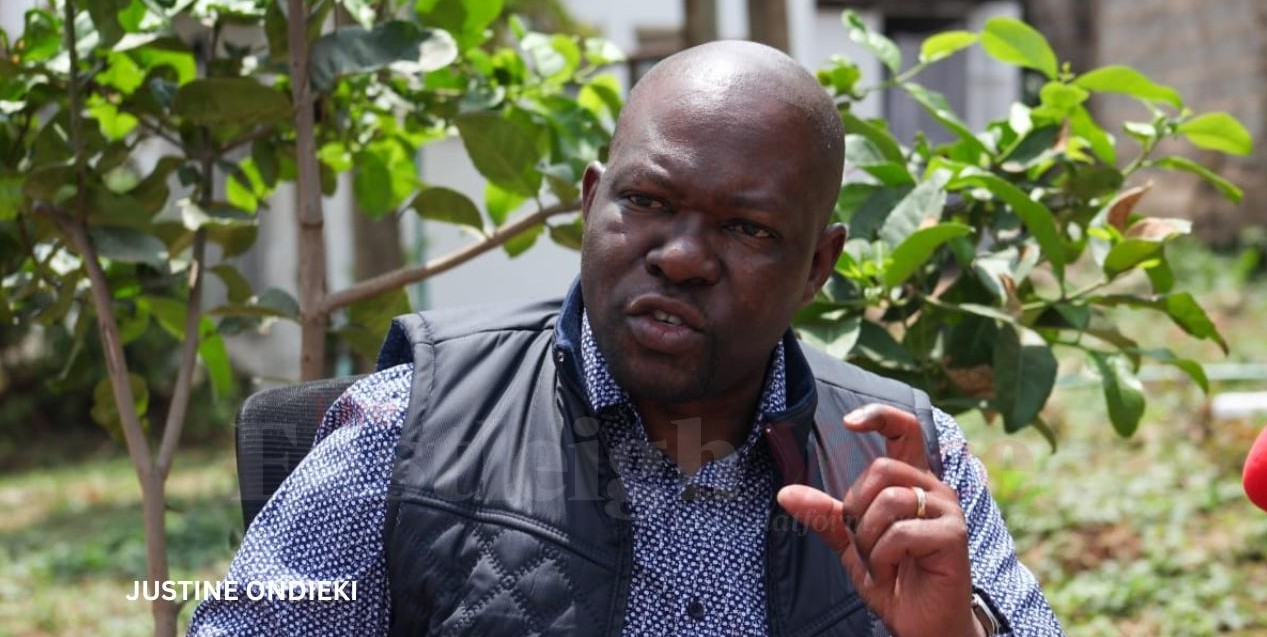Tough times ahead as budget cuts put education sector in crisis
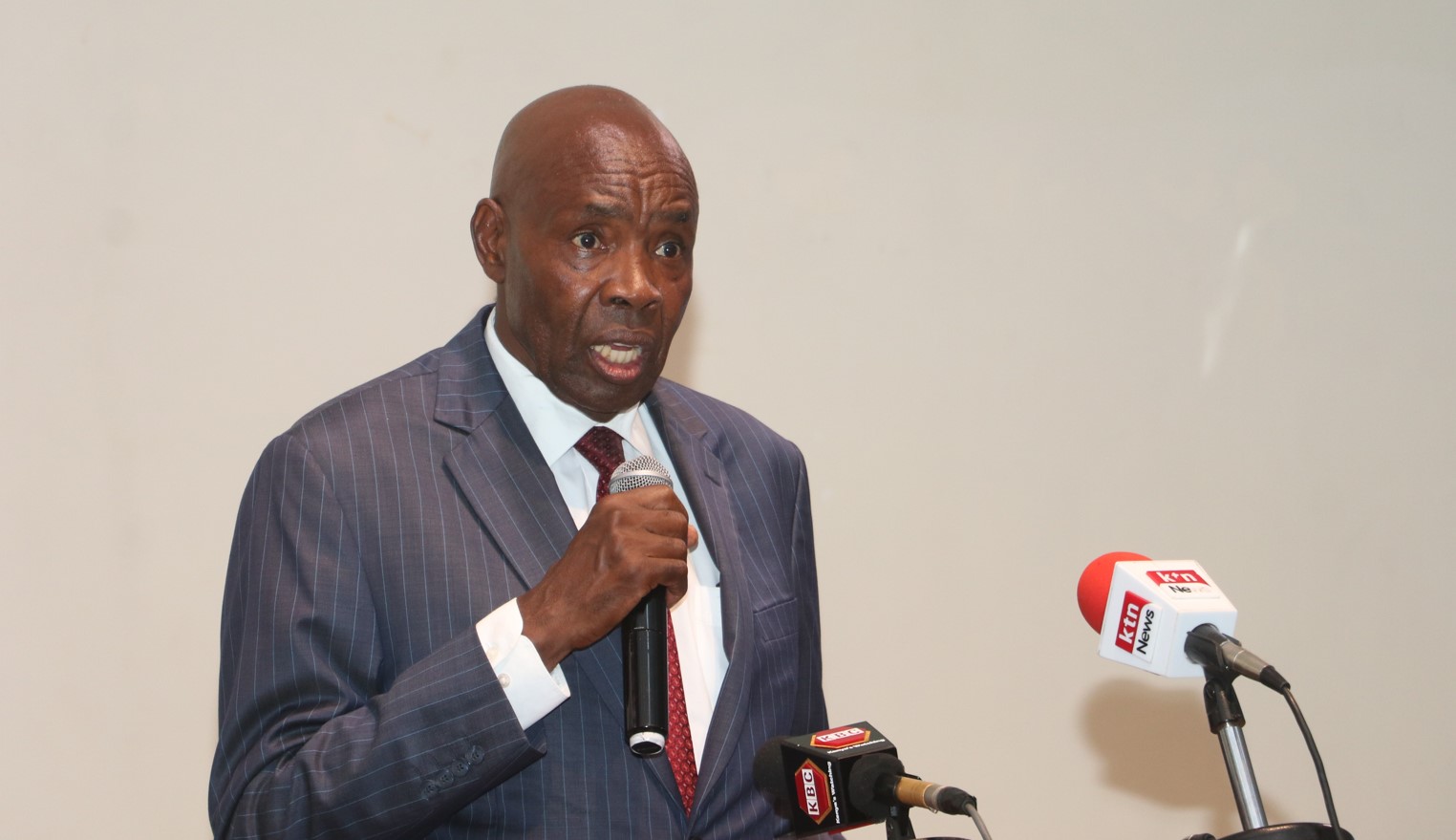
Machogu said lack of funds poses a serious threat to the quality of education, particularly for students with severe disabilities
The education sector is in turmoil, with thousands of students facing an uncertain future due to financial constraints. For students relying on public education, the future is now fraught with worry as school funding faces budget cuts.
The government’s recent budget adjustments for the 2024–2025 financial year, which will take effect in July, have left many concerned about the operational viability of schools.
More To Read
- Over 30,000 teachers set for senior school curriculum training ahead of 2026 transition
- Nairobi County proposes new rules to strengthen school feeding programme oversight
- Ruto announces recruitment of 24,000 more teachers by January to ease national shortage
- HELB loan defaults hit Sh42 billion as number of defaulters surges by 40 per cent
- Governor Johnson Sakaja appeals for funds to sustain ‘Dishi na County’
- Sakaja appeals for extra funds to expand Dishi na County to informal schools
In the budget proposals for the coming financial year, the free primary education (FPE) budget has been slashed from Sh12.5 billion to Sh9.12 billion, while the free day secondary education (FDSE) budget has been reduced from Sh65.4 billion to Sh63.9 billion.
This is despite a slight increase in the overall capitation for basic education from Sh103.4 billion to Sh103.7 billion. However, the budget for junior secondary schools (JSS) has been increased from Sh25.5 billion to Sh30.7 billion.
The government has justified the cuts to the FPE and FDSE, noting that primary education has been reduced to two classes since Grades 7 and 8 are now in JSS, and secondary education has lost one class to JSS.
Consequently, primary schools will receive more funding as they will host three JSS classes starting next year.
Under the FPE programme, each learner is allocated Sh1,420, while those in JSS receive Sh15,042, and FDSE learners receive Sh22,244. However, due to inadequate funding, the actual amounts reaching schools are often less, and disbursements are frequently delayed, leading to schools accruing debts to suppliers.
The Kenya Primary Schools Heads Association, Kenya Secondary Schools Heads Association, and teachers’ unions have repeatedly called for increased and timely capitation to reflect the current economic realities.
As the government prepares to roll out Grade 9, Sh2.8 billion has been allocated for infrastructure in primary, secondary, and JSS, down from Sh6 billion in the current budget.
On the other hand, the Teachers Service Commission (TSC) will receive Sh352.5 billion, up from the current Sh316.7 billion. However, this is still Sh5.033 billion less than what was initially proposed.
Included in the allocation is Sh8.3 billion for employing 26,000 contract teachers on a permanent and pensionable basis.
Most of these teachers are in junior secondary schools and will have completed two years of service by the end of the year.
The TSC will also receive Sh4.68 billion to hire 20,000 more teachers on contract.
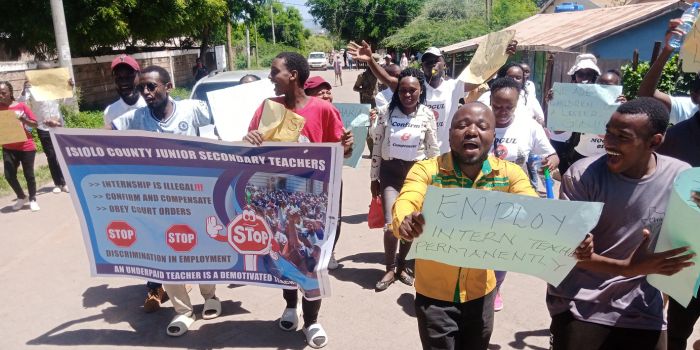 KUPPET's Isiolo branch secretary, Moses Kimwere (centre), joins intern teachers from junior secondary schools in a protest over poor pay in Isiolo town on May 13, 2024. (Photo: Waweru Wairimu/EV)
KUPPET's Isiolo branch secretary, Moses Kimwere (centre), joins intern teachers from junior secondary schools in a protest over poor pay in Isiolo town on May 13, 2024. (Photo: Waweru Wairimu/EV)
Employment terms
Since 2019, the government has been recruiting teachers on one-year contracts under an "internship" programme. However, the teachers have been protesting since the second term began, demanding to be employed permanently.
This follows a ruling by the Employment and Labour Relations Court, which found that the TSC violated intern teachers' rights to fair labour practices by keeping them on intern status despite their qualifications.
Of the new teachers to be hired on contract, the TSC plans to deploy 18,000 to secondary schools and 2,000 to primary schools in 2025 and 2026.
The technical vocational education and training (TVET) sector has seen substantial gains in the budget, with its allocation rising from Sh0.98 billion to Sh20.1 billion.
Additional allocations include Sh7.7 billion for capitation and scholarships for TVET students, an increase of Sh2.5 billion, and Sh2.3 billion for the construction and equipping of technical training institutes.
TVET students will also benefit from Sh22.1 billion in scholarships earmarked for both university and TVET students under the higher education funding model, applicable to those in their first and second years of study starting in September.
These scholarships will be managed by the Universities Fund, which awards them based on a needs assessment.
In contrast, university education has been allocated Sh63.8 billion, down from Sh97.5 billion in the current budget. This amount includes capitation.
The Higher Education Loans Board (HELB) has also experienced a budget cut of Sh3.7 billion, affecting the loan amounts available to students. If the proposal is adopted, HELB will be allocated Sh33.3 billion, a 10 per cent decrease from the previous allocation of Sh37 billion.
Students will receive loans ranging from Sh37,000 to Sh47,000, compared to the previous range of Sh35,000 to Sh60,000.
Additionally, research, science, technology, and innovation have received Sh1.05 billion, up from Sh0.749 billion in the current budget.
Special needs education has also been significantly underfunded, with primary and secondary schools receiving only a fraction of the required funds.
While the Special Needs Education (SNE) primary schools require Sh1.328 billion, they have only been allocated Sh455 million in the current budget.
Similarly, SNE secondary schools have received just Sh200 million, less than half of their required funding of Sh786 million. The allocation will only cater for 5,597 learners at the rate Sh35,730 per student, leaving others unfunded.
 President William Ruto, Nairobi Woman Representative Esther Passaris, and Governor Johnson Sakaja share a meal with the pupils of Roysambu Primary School during the launch of the Nairobi School Feeding Programme on June 20, 2023. (Photo: Nairobi City County Government)
President William Ruto, Nairobi Woman Representative Esther Passaris, and Governor Johnson Sakaja share a meal with the pupils of Roysambu Primary School during the launch of the Nairobi School Feeding Programme on June 20, 2023. (Photo: Nairobi City County Government)
School feeding programme
Education Cabinet Secretary Ezekiel Machogu acknowledged the issue during a session with the parliamentary Education Committee, stating that insufficient funding will continue to hamper the operations of these institutions.
Machogu said a lack of funds poses a serious threat to the quality of education, particularly for students with severe disabilities. He highlighted the need for adequate support to provide necessary assistive devices, and learning resources, and to pay non-teaching staff and carers.
The Kenya National Examinations Council (KNEC) will also see a budget shortfall of Sh3.9 billion. While it needs Sh8.9 billion to adequately cover the costs of conducting examinations, assessments, and invigilation, it has been allocated Sh5 billion.
Perhaps the most troubling is the complete removal of funding for the school feeding programme, which serves approximately 4.5 million learners in marginalised communities across 26 counties.
This new development contradicts the Kenya Kwanza manifesto, which promised to double the budget for the feeding programme to increase the number of beneficiaries.
Speaking before the Education Committee while defending the budget, Education Principal Secretary Belio Kipsang lamented the complete removal of funding for the meals programme.
“Those of us who take three meals a day might not know the feeling of what happens when a child does not have a meal in some parts of this country. We have to appreciate that the school feeding programme is essential to the success of the students. We are appealing to the National Assembly to please reinstate the school feeding programme,” he said.
He emphasised the critical role of the programme, adding that it’s important that the single meal the students get at lunchtime is retained.
If the programme’s budget is not reinstated, school attendance and retention among poor populations across the country will suffer. Additionally, the Dishi na County programme, run by Nairobi City County in partnership with the Ministry of Education, will be adversely affected.
Although the full impact of these cuts is not yet apparent, the anticipation of these budget cuts has already created anxiety and uncertainty.
Martha Otieno, a parent, expressed her concerns about the budget cuts, terming them as heartbreaking.
“Our children deserve better. With reduced funding, it only means we will have to dig deeper into our pockets. And with the current economy, I worry about the quality of education my child will receive and whether the schools will even stay open. It feels like the government is failing our future generations,” she said.
Top Stories Today












